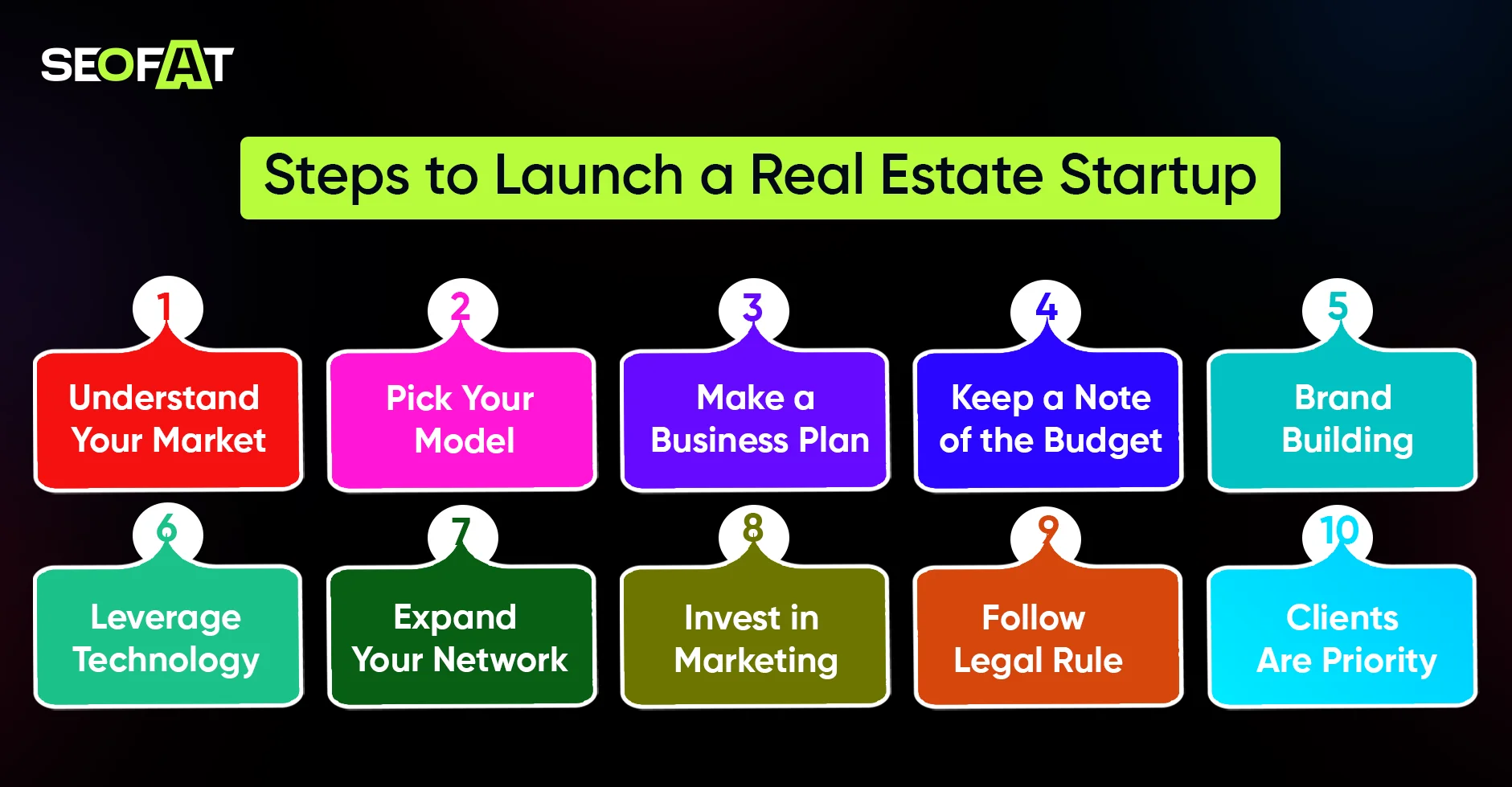Meet
Get started with professional SEO services by requesting a strategy proposal today from the top-rated SEO company.






The adult entertainment industry is driven by creators and platforms delivering high-quality services to users....
Read More
Do you own an online photography business? If yes, then remember that a strong online...
Read More
Adult SEO Agency in Tennessee - Starting an adult online business in Tennessee is not...
Read More
The OnlyFans platform has evolved to be one of the most competitive spaces in the adult...
Read More